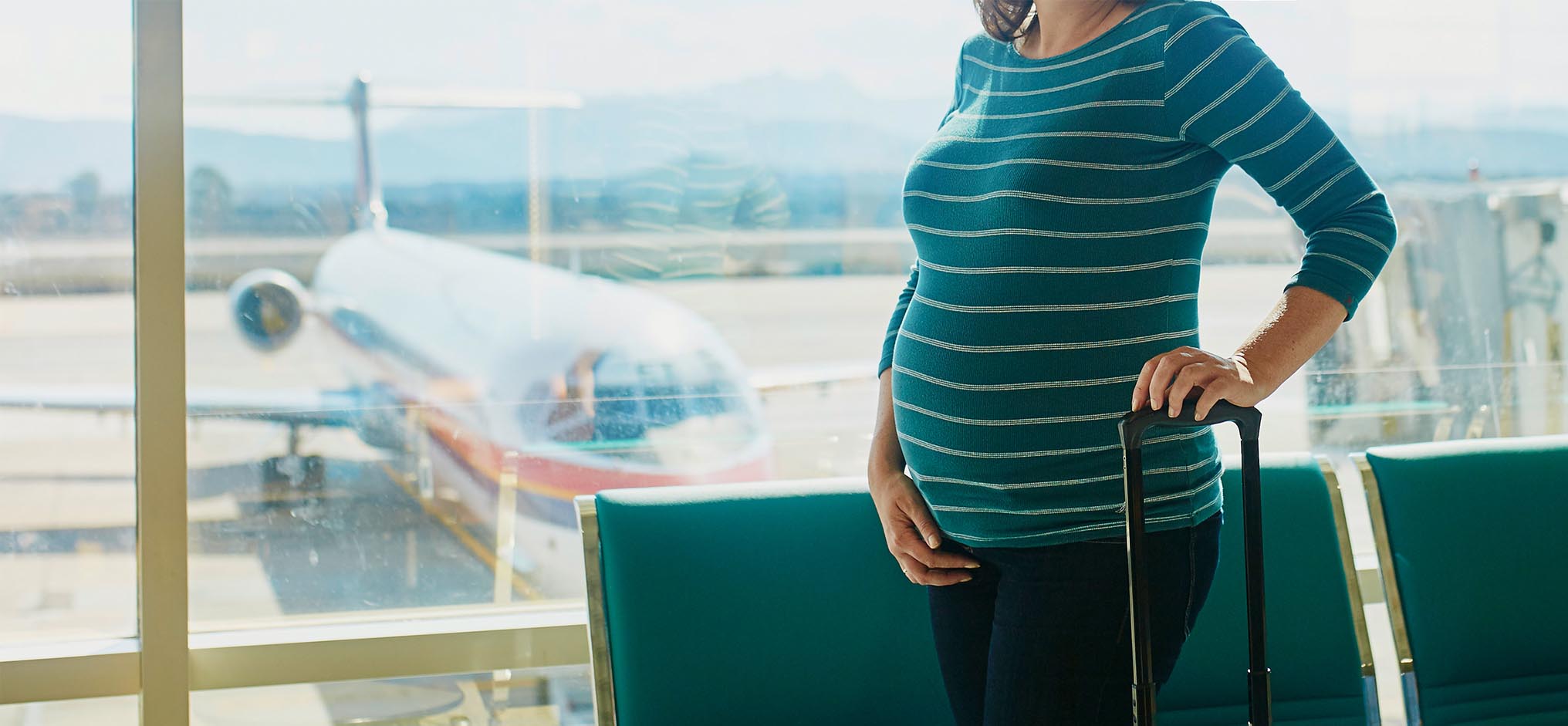
Traveling during pregnancy
These are a few of the doctors and specialists you may see during your pregnancy.
Also, it may be uncomfortable to travel later in your pregnancy. Some airlines do not allow women more than 35 weeks pregnant to fly.
How can I travel safely during my pregnancy?
Follow the guidelines below for safe travel during pregnancy:
- Before planning a trip, ask your doctor if it is safe for you to fly. Some airlines ask to see a note from your doctor with your due date. Choose an aisle seat if possible. This will make it easier to move around in the plane.
- While traveling, carry copies of your medical records with you at all times. You should have these in case you need to be seen at a clinic or hospital that does not have your records. This could be important, especially in emergencies.
- If you plan to travel overseas, find out what vaccines you need to prevent illness. Some vaccines, such as measles, mumps, and rubella, are not safe to get during pregnancy. The safety of other vaccines, such as typhoid, is not known. Talk to your doctor if vaccines are recommended. Visit cdc.gov/travel to learn more about diseases overseas.
- If you travel by plane often, talk to your doctor about whether it is safe for your unborn child. An occasional flight is not a risk.
- Avoid travel to places where malaria and Zika virus are common.
- If you are not sure the tap water is safe, drink bottled water or soft drinks. Do not eat salads, and do not eat raw vegetables unless they are peeled.
- Always wear your seat belt when you travel in a car, plane, or other vehicle that has seat belts. Strap the lower belt across your lower lap/upper thighs. Place the shoulder belt between your breasts and up over your shoulder, not over your belly. Remove any excess slack in the seat belt.
- During long trips, take time to walk around at least every 2 hours to keep blood from settling in your legs. Being pregnant increases your chances of getting dangerous blood clots in your legs when you sit still for long periods of time. Walking helps prevent this problem. Also, drink plenty of water to prevent dehydration.
- If you’re sitting in front of an air bag, slide the seat as far back as you can. Tilt the seat back slightly to increase the distance between your chest and the air bag.
- If you get motion sickness, make sure the medicine you use is safe for pregnant women.
How to reach us
Need to make an appointment with your care provider? Feeling something unusual or like you’re going into labor? Want advice about breastfeeding? We’re here for your call.


